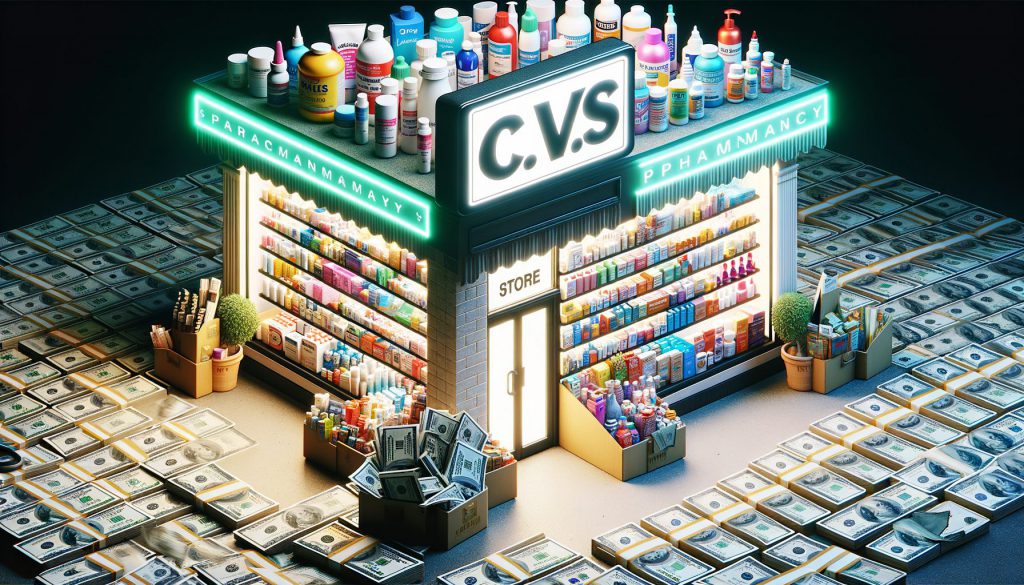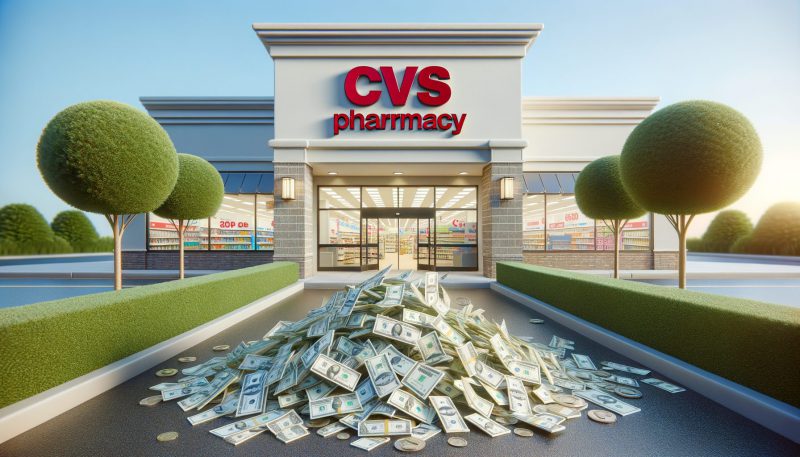With over 9,900 locations across the U.S., CVS Pharmacy stores are easily accessible places to purchase money orders. CVS partners with global money transfer company MoneyGram to provide reliable and affordable money orders using cash or debit cards as payment.
But how exactly does the process work, and what do you need to know before buying money orders at the pharmacy chain?
What is a money order?
A money order is a secure payment method that works similarly to a personal check, but the funds are prepaid by the purchaser. This guarantees the money against bouncing.
Money orders offer more security versus cash and protect bank account information that regular checks display. They are commonly used to pay bills, make large purchases, or send funds, especially internationally.
The prepaid amount covers the money order value itself plus a small fee, usually around $1–3 on average. Purchases typically have a maximum limit per money order, often $500–$1,000 depending on the issuer. Overall, money orders provide affordable convenience for vital transactions.
Also read: Can I Get a Money Order With a Credit Card?


Does CVS sell money orders?
Yes. Most CVS stores provide MoneyGram money order purchasing through checkout counters or customer service desks. Available payment methods include cash or debit cards from major card networks like Visa, Mastercard, Discover, and American Express. Services are accessible anytime during store hours, with many pharmacies open extended hours or even 24/7.
CVS money order fees and limits
According to recent customer reports, the fee at CVS to buy a money order is $1.25 per order. Previously, the fee was $0.99 per order.
The limit per money order is capped at $500. So for example, if you need to send $1,200, you would have to purchase three separate orders at $400 each plus fees. There are no limits, however, on the number of individual money orders that a customer can buy in the same visit.
Having exact change when buying multiple orders saves time versus cashiers providing change. Naturally, bringing sufficient cash or having enough funds on your debit card avoids any hiccups at checkout.


Filling out and tracking CVS money orders
Purchasing CVS money orders only requires a state- or federally-issued ID. After specifying the money order amount to the cashier, customers must completely fill out recipient names and addresses for correct delivery. Signing the front and recording a memo description provides further fraud protection.
Importantly, purchasers should save order receipts to reference eight-digit serial numbers for online tracking status checks via MoneyGram’s website. Calling 1-800-926-9400 also lets customers track orders. These receipts serve as effective purchase records if any issues potentially arise.
As an additional safeguard with international transfers, opting for delivery confirmation can give both senders and recipients added peace of mind.
Cashing CVS money orders
While it is convenient for sending funds securely, it is not possible to cash money orders directly at CVS locations. Instead, recipients can cash them at financial institutions like banks or credit unions. Certain check-cashing stores or grocery store customer service areas may also cash money orders with proper identification.
So ultimately, purchasing money orders from CVS and MoneyGram provides dependable instruments for key life transactions. With minimal fees and reachable neighborhood access points, the option delivers vital financial conveniences when needed promptly.
Considering the added assurances money orders offer versus cash payments, the benefits clearly outweigh the nominal costs.





